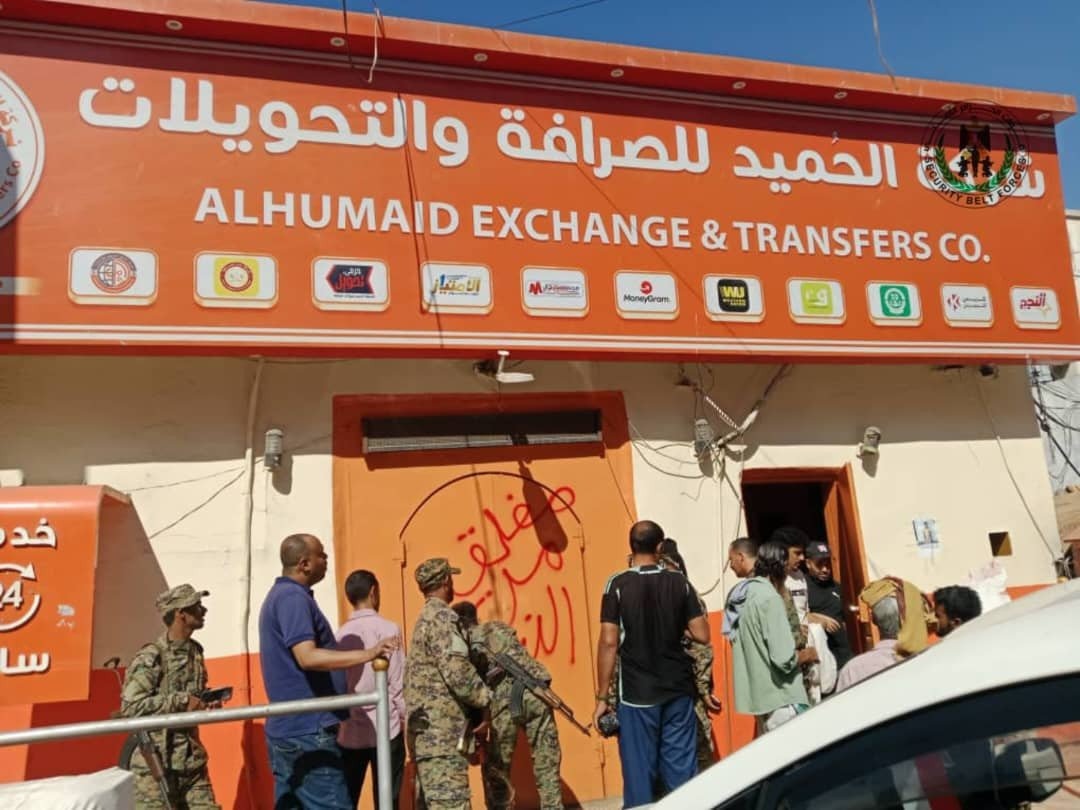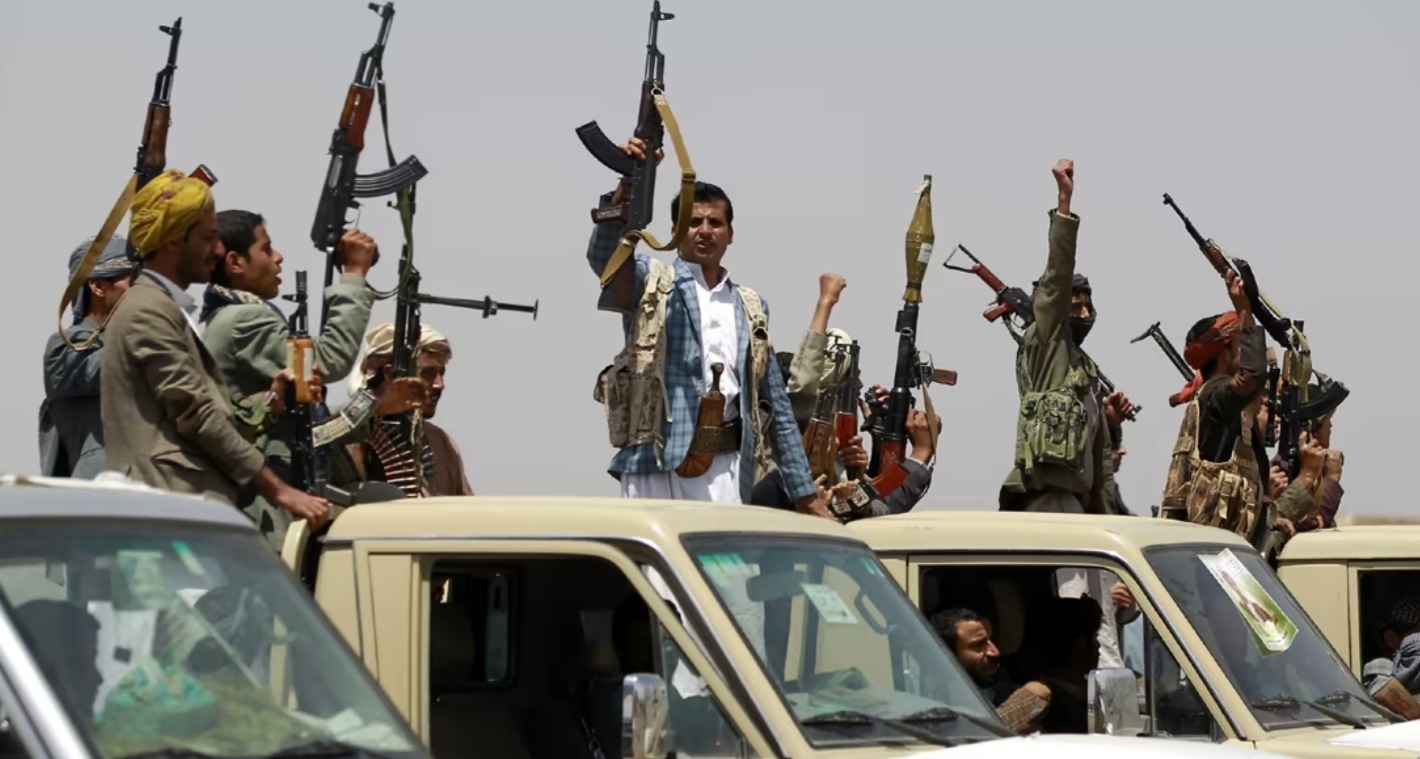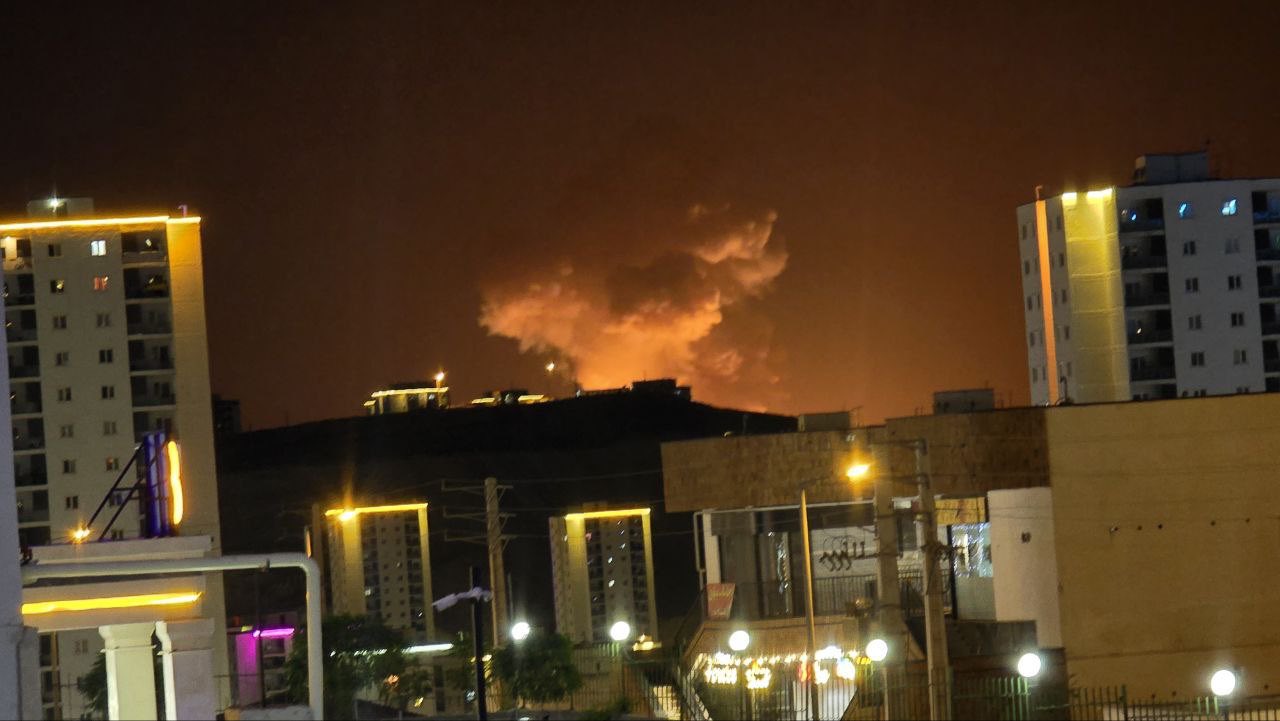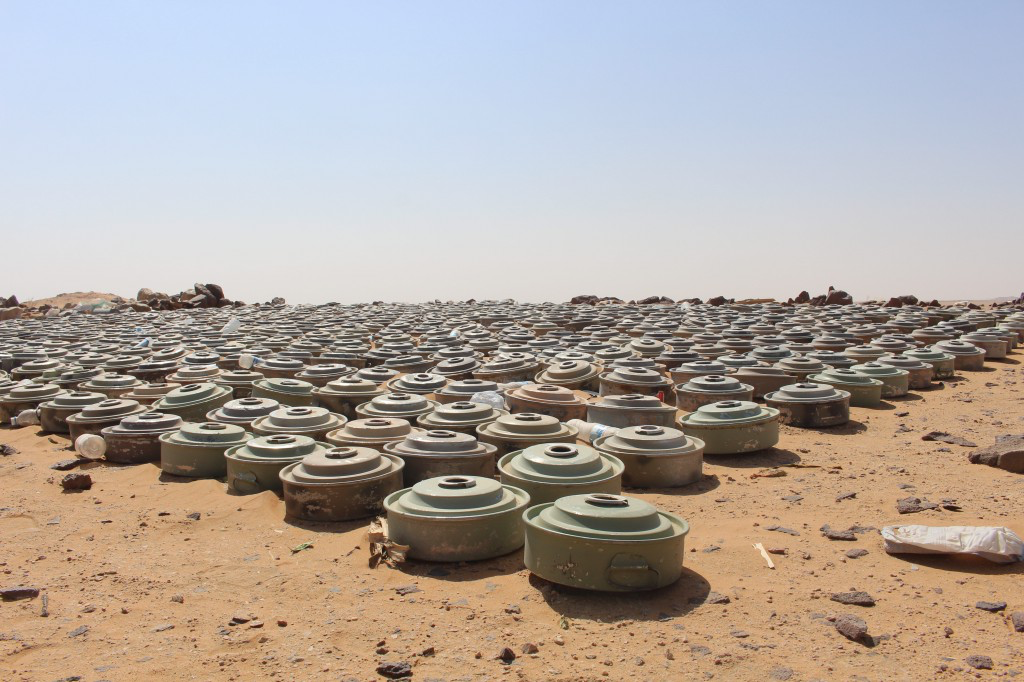
Barran Press
On November 3, 2024, the Public Prosecution, in collaboration with the Central Bank and security forces, closed 11 non-compliant currency exchange companies in Al-Mahra province as part of a broad initiative to regulate currency trading and combat speculation.
According to the official Yemeni News Agency Saba, the crackdown, ordered by the Attorney General and based on reports from Central Bank Governor Ahmed Al-Mabqi, led to the closure of five companies in the Al-Ghaydah district, five in Al-Shihr district, and one in Houf.
This operation is part of a coordinated effort with the local security committee, headed by Al-Mahra Governor Mohammed Ali Yasser, to maintain financial order and protect the local economy.
The campaign will continue with field operations in other districts to address violations and shut down unlicensed companies in accordance with financial sector regulations.
Earlier on the same day, security sources in Mukalla, the capital of Hadhramaut province, reported that the Public Funds Prosecution, alongside security forces, had shut down several non-compliant exchange shops, following directives from the Attorney General to implement Central Bank measures against violators.
According to a statement from Hadhramaut security, the operation will continue in the coming days to include all unlicensed currency exchange shops, which have contributed to the rising exchange rates against the Yemeni rial.
On November 1, security and judicial authorities in Aden, Yemen’s temporary capital, closed more than 26 exchange shops as part of efforts to curb the proliferation of unlicensed currency trading that has negatively impacted the national economy and contributed to the depreciation of the Yemeni rial.
The campaign included the districts of Al-Mansoura, Sheikh Othman, Al-Mualla, Khormaksar, and Crater, highlighting the importance of adhering to laws regulating currency exchange, anti-money laundering, and counter-terrorism financing to protect the national economy and stabilize the local currency.
Yemeni Prime Minister Ahmed Awad bin Mubarak has emphasized the need for intensified efforts to regulate currency exchange shops and address currency speculation across all liberated provinces, as the Yemeni rial continues to collapse.
As of today, the rial has plummeted to a record low, with one US dollar trading at 2060 rials, compared to 1676 rials in late April. The Saudi riyal has also seen a decline, now at 536 rials, up from 441 rials.





